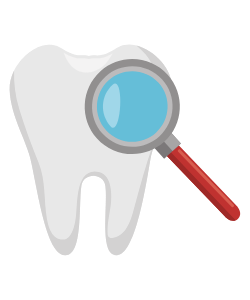Periodontal care means the treatment of gums. It is a branch of dentistry that is often carried out by specialists known as periodontists. Your local dental practitioner may already be a periodontist but he or she may also refer you to one elsewhere if they think that you need specialist care for your gums. Although looking after your gums means focusing on them rather than your teeth, it is only when you have healthy gums that your teeth can be safeguarded. After all, if your gums are not in good condition, then your teeth will suffer as well. Read on to find out more about periodontal treatment today.
Why Might You Need Periodontal Care?
In cases where you have bacteria in your mouth that are attacking your gums, you may develop gingivitis. If left unchecked, this can turn into gum disease. You may notice soreness in your mouth as well as wobbly teeth if this is the case. Most periodontal care is concerned with deep cleaning in your mouth to remove the types of bacteria that lead to gum disease in the first place, and then your gums should recover naturally. Some people are more prone to this condition than others. If you smoke or suffer from diabetes, for example, then it is more likely you will require periodontal care at some point in your life.
What Happens at a Periodontal Treatment?
During a periodontal treatment, tartar is removed. This is usually scraped away in the areas where it has built up. Commonly, this will occur on your gum line, between the edge of the gum and your teeth themselves. In addition, your periodontist may offer your teeth a deep clean in a procedure known as scaling. However, this does not always occur. One periodontal treatment is usually not enough to deal with gum disease. You will need to return several times in order for it to be effective. Only in the worst cases will you be offered antibiotic treatments to try and get rid of the oral bacteria.
How Can You Help With Your Periodontal Care?
You can support periodontal care by looking after your teeth and gums better between treatments. Avoid consuming the sorts of food that promote bacterial growth, such as sweets, for example. In addition, you should brush your teeth three times a day, once after each mealtime. Mouth rinsing is also highly recommended. In addition, you should floss your teeth to try and get rid of any tartar that may be building up between them.
Share
